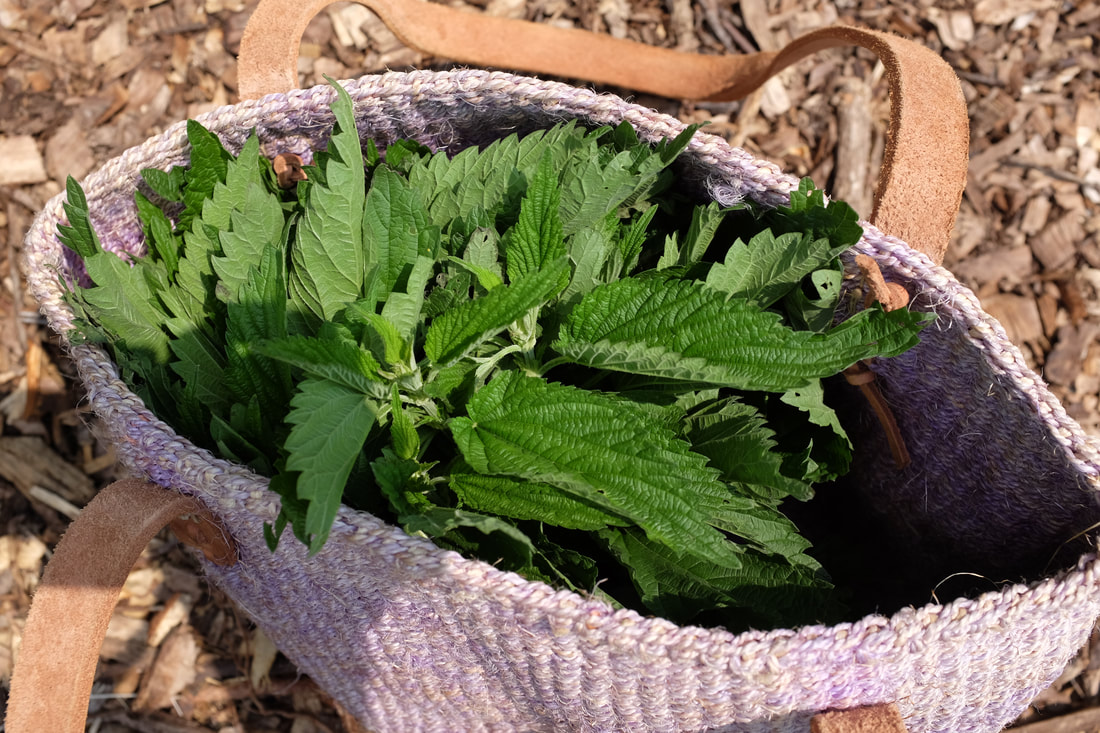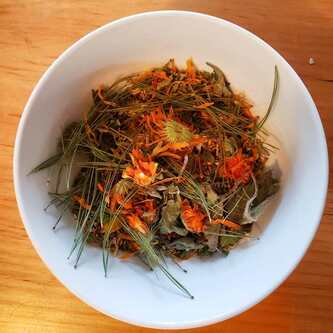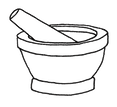|
By Nick Cavanaugh
During the springtime many people start experiencing seasonal allergies. And many others experience allergies year-round. What are the underlying reasons for these allergies, and what are the options for relief? I'll be exploring these questions in this article. I hope it's helpful - please reach out if you have any questions! What are allergies? Allergic rhinitis is an inflammation of the lining of the nose, usually characterized by one ore more of:
Perennial (year-round) allergies may be due to dust, mold, cockroaches or animal dander.[1-2] About pollen, mold and other allergens Respiratory allergies are often triggered by:
In Vermont, during "mud season" (the bridge between winter and spring), the dampness could lead to mold growth and mold allergies. Increased rainfall, humidity or flooding could contribute to this.[4-1][5] However, in many areas mold growth typically peaks in the summer due to the combination of both heat and humidity, especially the Midwest and Southeast U.S..[6][5-1] A damp autumn could continue to spur mold growth, though cold temperatures decrease mold activity and mold tends to become most dormant during the winter.[5-2] If you believe you may be sensitive to mold and are exposed to it, addressing this with indoor air quality is very important. Why do people get allergies? Allergies are basically a hype-reactivity of our body's immune systems. Ordinarily a strong immune response keeps our body healthy, but an over-activity to allergens causes harmful and uncomfortable inflammation in the nasal passageways. Herbalists have some unique insights into why allergies may be relatively common in our modern day-and-age:
An herbalist's view - herbal energetics and allergies From the herbalist perspective, symptom patterns can be differentiated in terms of patterns that correlate with key "energetic" states, especially heat, cold, dampness and dryness. In Unani ("Greek") medicine (also known as "Tibb") allergic rhinitis results from an excess of heat, which is either with dampness or dryness. This leads to irritation and inflammation in the mucous membranes.[2] Herbalists typically assess energetics of symptom patterns through various means, and we recommend speaking with an herbalist if you'd like to find out what pattern matches your experience. It can be especially helpful to get an outsider's perspective given that often symptoms can point to patterns in conflicting or confusing ways. However, for a general overview, these are some common associations with upper respiratory symptoms as detailed by herbalist Jim McDonald in an excellent article on sinus health: Signs of dampness:
Signs of dryness:
Signs of things being stuck and stagnant, more of a chronic condition, i.e. chronic sinusitis:[10-8]
To address these various symptom patterns, herbalists may incorporate some of the following (again as detailed by Jim McDonald, mostly): How to address dryness:
How to address dampness:
Remedies for stuck and stagnant states:
Natural allergy relief with home remedies The following are general suggestions. We recommend speaking with an herbalist for individual support and guidance. Tend to the indoor air environment and reduce exposure
Make dietary changes According to Mills and Bone in their authorative Principles and Practices of Phytotherapy "herbalists believe that diet can create a state of hypersensitivity and catarrh of the mucous membranes that predisposes to rhinitis." [1-3] Possible dietary factors could include:
Dietary steps to take
Use topical remedies
Seek ways to de-stress and get good sleep These can go a very long way in reducing allergy symptoms. Talk to an herbalist if you need support. Herbs to support our bodies Ideally someone would start their remedies 6 weeks before the season starts and continue it through the season.[1-6] We strongly advise talking to an herbalist for individual advice on how to support your body during allergy season. These are some of the ways herbs are used: Healthy mucous membranes Mills and Bone state that "traditional herbalists have stressed the importance of healthy upper respiratory mucous membranes." [1-7] Demulcent herbs such as marshmallow can help to soothe dryness and irritation in the upper respiratory tract. Astringent herbs such as elderflower can help to dry up copious nasal discharge. Immune support Immunomodulating herbs such as reishi mushroom can help to modulate the immune response over time, helping to prevent either under or over-activity of the immune system.[8-1] Reishi is not advisable for some individuals: talk to an herbalist for advice. Support detoxification pathways Herbs such as nettles, dandelion and burdock can help to support our body's natural detoxification pathways, i.e. through the lymphatic system or liver, and this in turn can help reduce background levels of inflammation and promote clearing of foreign substances from the body. Medical treatment for allergies From the herbalist point of view it's better to address underlying causes rather than symptoms. However, when needed there are a number of medications that can help. Over the counter medications can help relieve allergy symptoms:[11]
When to contact a doctor:[11-1]
Closing Sesonal allergies can be tough - I hope this has been helpful information for you! Please contact me with any questions, and feel free to reach out if you'd like to schedule an herbal consultation. Be well! By Nick Cavanaugh. Nick is a clinical herbalist at Railyard Apothecary. Learn more about Nick and other clinicians here. References
4 Comments
If you experience digestive difficulties you know that you're not alone. But why? Why are digestive problems so common in our modern culture? It is easy to point to the obvious - lack of access to healthy food on the one hand, stress and other lifestyle factors on the other. But there may be something deeper, that goes back to the way we see ourselves, our bodies and our food... Modern view: body as machine The modern view of the human body has origins in 17th century Europe with the development of the mechanistic view of the body by René Descartes. In this view, the whole = the sum of the parts, not more, and there is not an inherent way to draw connection between those parts. This view has benefits and drawbacks. The benefits include all the miracles of modern medicine, in which the molecular causes of so many disease have been discovered, for which we can be grateful. The drawbacks in terms of digestion include that food gets reduced to the raw nutrients it contains, and digestion to the simple receptacle into which these nutrients are deposited. What is missing is the complex world of our senses and bodily experience, the integration of the parts and the whole, and the dynamic interaction that humans constantly experience in relation to our living environment. Traditional view: body as an integrated whole Prior to the mechanistic view, the predominant view in relation to health and medicine was that of philosophers going back at least to Ancient Greece. The body was seen to be animated by a subtle substance called "pneuma" that is akin to "qi" of Chinese Medicine and "prana" of Ayurveda. This pneuma moved through the organs from the power of the three "faculties," including the "natural faculty" or "nutritive faculty" that influenced digestion. The processes of digestion, metabolism, and elimination were seen as being interconnected, not separate, and together formed the "natural faculty." If we look at things from this bigger picture, more holistic and integrated view, we can make connections between things which otherwise are not clearly related in the mechanistic view. For example:
Learn more in our digestive health class series starting Wed., February 28th, 2024
The qualities of nature in all things
In addition the human body, there was a way in which all of nature could be seen as an integrated whole. All of the universe was seen to be created by four elements, and these four were then defined in terms of their qualities of heat and moisture:
These qualities can be perceived by our sense organs. In terms of food, the way we can identify the qualities in them is quite natural:
But with a little more reflection, more is obvious:
Putting it together - diet and the qualities of nature By seeing the human being as an integrated whole, which shares common characteristics with all of nature, including the foods we eat, we can begin to see a different way of interacting with food to keep our guts and bodies healthy and happy. What is the best food any particular person at any given time can then related to:
Geography Every place has its own unique climate. The good news is that every place has its own local food. To start with then, eating locally is the easiest way to eat food that aligns with the energy of that particular place. In Vermont, for example, we have a climate which is colder than a lot of other places. Therefore, to balance that out, for most of the year except for the heat of summer it's best to eat warming foods, such as:
Season Every place also has its own version of seasons. Classically, the association is as such:
Keep in mind though the geographic variations here. For example, in Vermont the winter is so cold that the air becomes very dry, which is compounded by indoor heating, so in Vermont what's needed in the winter is warm and moist foods. Age Traditionally, the ages of life have their own qualities:
Individual temperament There is of course so much individual variation, and this is where understanding one's own nature, or temperament is important. Traditionally there are four:
Conclusion To sum it all up, we can say that if we take a more traditional approach to seeing the human body as an integrated whole, and to seeing the natural world in intuitive, energetic terms, that can lead us to different choices about the foods we eat. We may find, for example:
Here are some suggestions for further reading: - Greek medicine as practiced in contemporary times as Unani medicine - Greek medicine practiced as Tibb - Western Herbal Energetics and the Four Humors System - Greekmedicine.net Blog post by Nick Cavanaugh. Book a comprehensive wellness consultation with Nick in-person or online here. |
Details
RAILYARDCheck in here to keep updated on news and activities at the apothecary. Archives
April 2024
Categories
All
|
railyard apothecary
*These statements have not been evaluated by the Food and Drug Administration. This product is not intended to diagnose, treat, cure, or prevent any disease. For educational purposes only.
|
|



 RSS Feed
RSS Feed
